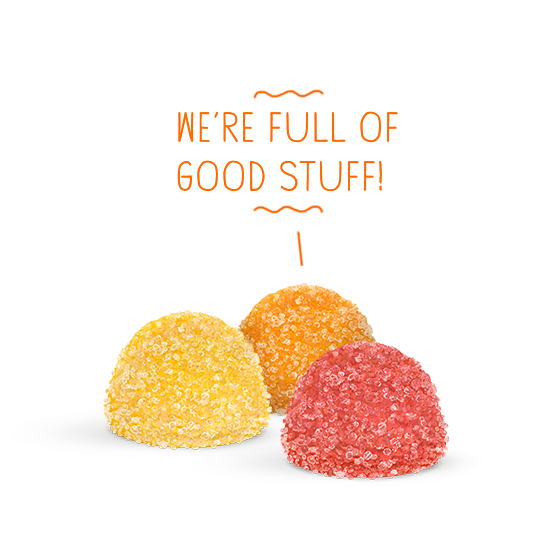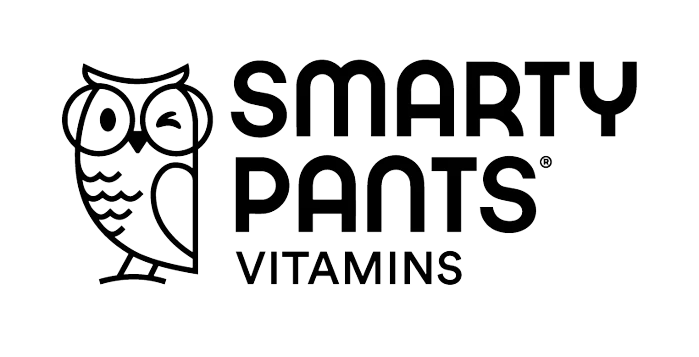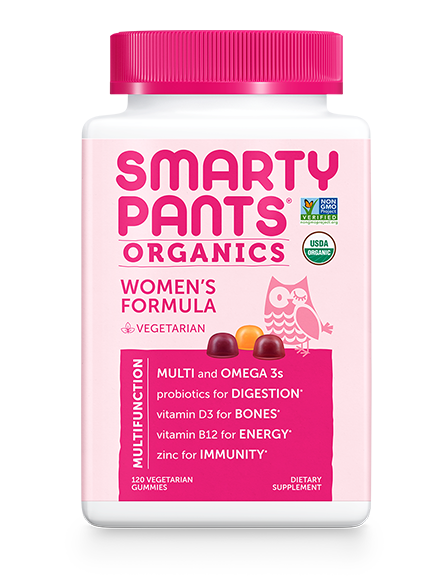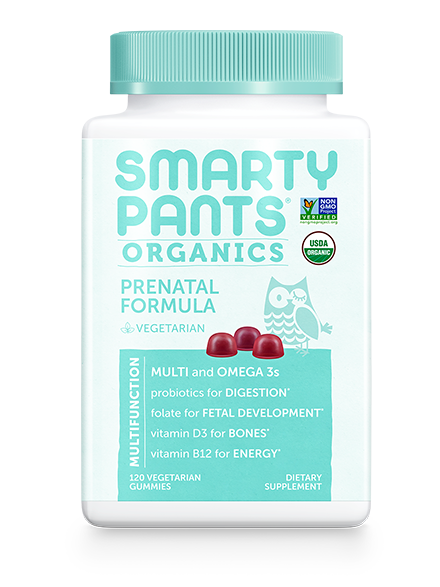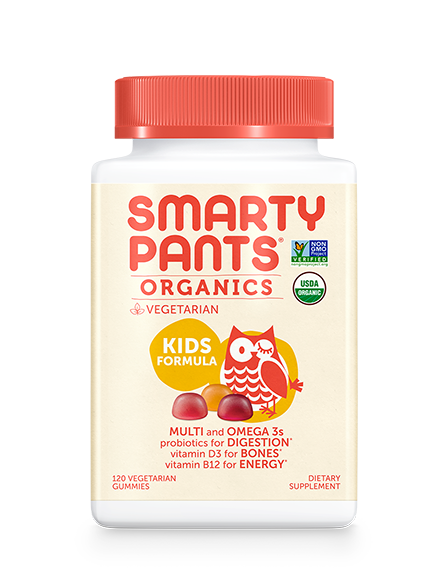- http://lpi.oregonstate.edu/mic/minerals/zinc
OUR NUTRIENT GUIDE

Our Star Nutrients
Zinc
Be ready for whatever life throws at you
How much do I need?
The current dietary reference intakes (DRIs) for zinc are:
- Infants 0 - 6 months - 2mg
- Infants 7 - 12 months - 3mg
- Children 1 - 3 years - 3mg
- Children 4 - 8 years - 5mg
- Men 9 - 13 years - 8mg
- Men 14 and older - 11mg
- Women 9 - 13 years - 8mg
- Women 14 - 18years - 9mg
- Women 19 and older - 8mg
- Pregnant Women 14 - 18 years - 12mg
- Pregnant Women 19 - 50 years - 11mg
- Breastfeeding Women 14 - 18 years - 13mg
- Breastfeeding Women 19 - 50 years - 12mg
These are the daily amounts established by the Health and Medicine Division of the National Academy of Sciences (formerly known as the Institute of Medicine).
If you’re thinking about supplementing with zinc, we suggest looking for the premium form zinc citrate. This is because your body can better absorb zinc citrate compared to zinc oxide. It's also what you'll find in SmartyPants supplements.
Why we include it
While zinc is known for its role in the immune system, it can do more. We include it in almost all of our supplements to support normal immune function and to help maintain healthy bones, hair, skin and nails.*
Zinc is an essential trace element. “Essential” means our body cannot make zinc, so we must get it through our diet. But even if you get plenty of zinc through your diet, there may be other elements in your food that block the amount you absorb.
Where can I get it?
- 3 oz oysters – 75 mg
- 3 oz veal – 12 mg
- 3 oz beef – 7 mg
- 3 oz lamb – 6 mg
- 3 oz shrimp – 2 mg
- ½ cup lentils – 2 mg
- 1 slice whole wheat bread – 1 mg
Note: Plant-based zinc sources are less absorbable, or “bioavailable”, because plants also contain phytic acid, a compound that blocks zinc absorption. The enzymatic action of yeast reduces the level of phytic acid, so leavened whole grain breads have more bioavailable zinc than unleavened whole grain breads.1
We recommend you seek the advice of your pediatrician or primary care provider before making changes to you or your child’s nutrient intake.
* These statements have not been evaluated by the Food and Drug Administration. This product is not intended to diagnose, treat, cure, or prevent any disease.
